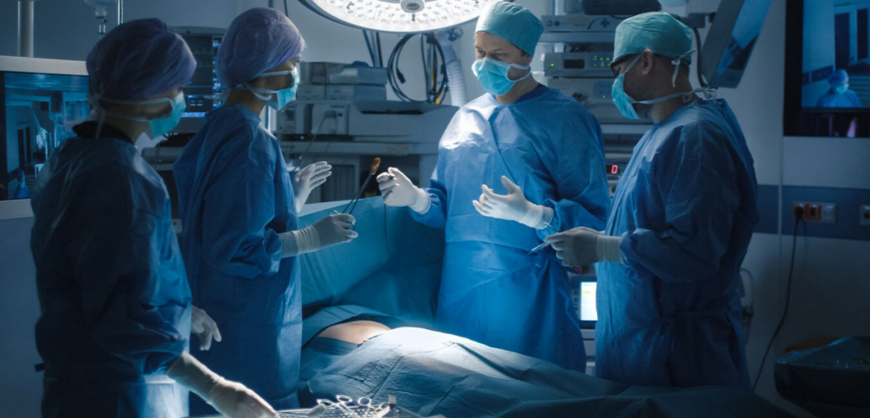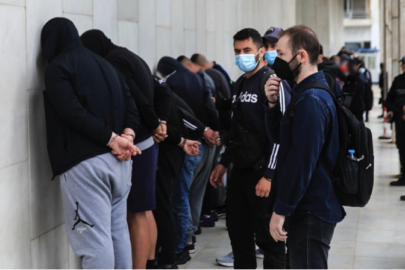Seven hospitals in the country can start evening surgeries next week, a new option provided by the Ministry of Health for surgical interventions.
According to information, the healthcare facilities ready to open their operating rooms outside of regular hours are as follows: “Papageorgiou” in Thessaloniki, AHEPA, General Hospital of Alexandroupoli, General Hospital of Kavala, General Hospital of Thessaloniki “Agios Pavlos”, “Sotiria”, General Hospital of Athens “G. Gennimatas”.
The overwhelming majority of public hospitals nationwide have declared their intention to perform evening surgeries. The hospital administrators informed the Minister of Health, Adonis Georgiadis, during a teleconference held earlier today, focusing on afternoon surgeries. About 5-6 smaller hospitals that lack the necessary facilities and personnel will remain excluded, as revealed by the same information.
The curtain rises on the “Papageorgiou” hospital in Thessaloniki next Tuesday. More than one surgery is scheduled. Among the surgeries to be performed at “Papageorgiou” are a man and a woman who will undergo hernia removal.
The first afternoon surgeries will proceed as normal on a fee basis, according to the amounts set by the Ministry of Health, depending on the severity of each intervention. The program for free evening surgeries, announced by the government and funded by the Recovery Fund, has not yet started.
It is worth noting that it concerns about 50,000 free surgeries for citizens who have been waiting for surgery in the public health system for months. However, until the activation of this specific program, amounting to 60 million euros, which requires approval from the Recovery Fund, surgeries will be paid for by the citizens.







































